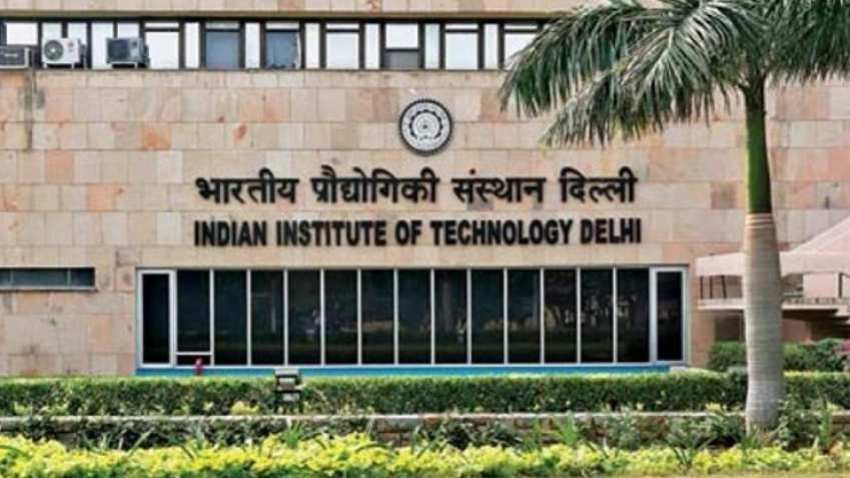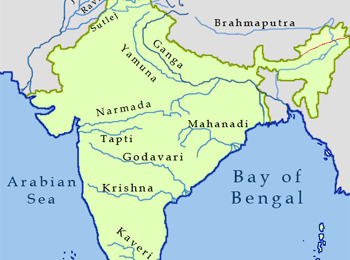Rebuttal to Prof. Ramagopal Rao, Director IIT-Delhi, on his flawed analysis that Offering Entire B-Tech Programmes in Local Language Will Be the Beginning of End of IITs
The obdurate opposition displayed by the elitists in refusing to accept the fact that imposition of an alien English language in Indian higher education has resulted in creating anglicized zombies instead of world leaders in science & technology. Whereas, Japan has produced 10 Nobel Laureates in science and medicine in the past 10 years while studying in their mother tongue, so also China is competing with the US to be a world leader in AI Technology using Mandarin. Are we in India, barking up the wrong tree? Isn't it time for revolutionary reforms to make education available at all levels in regional languages to unleash our true potential to become a Vishwaguru?




